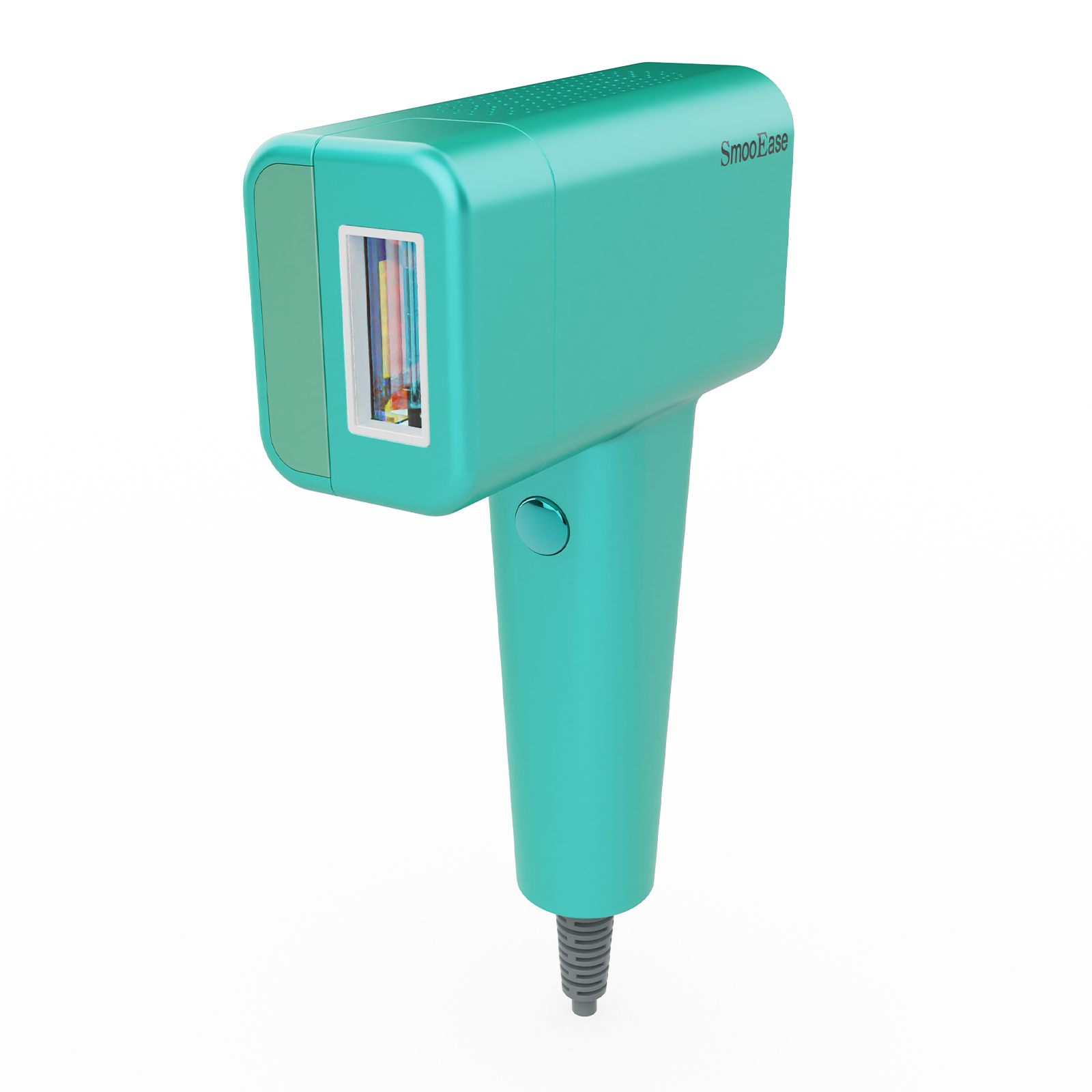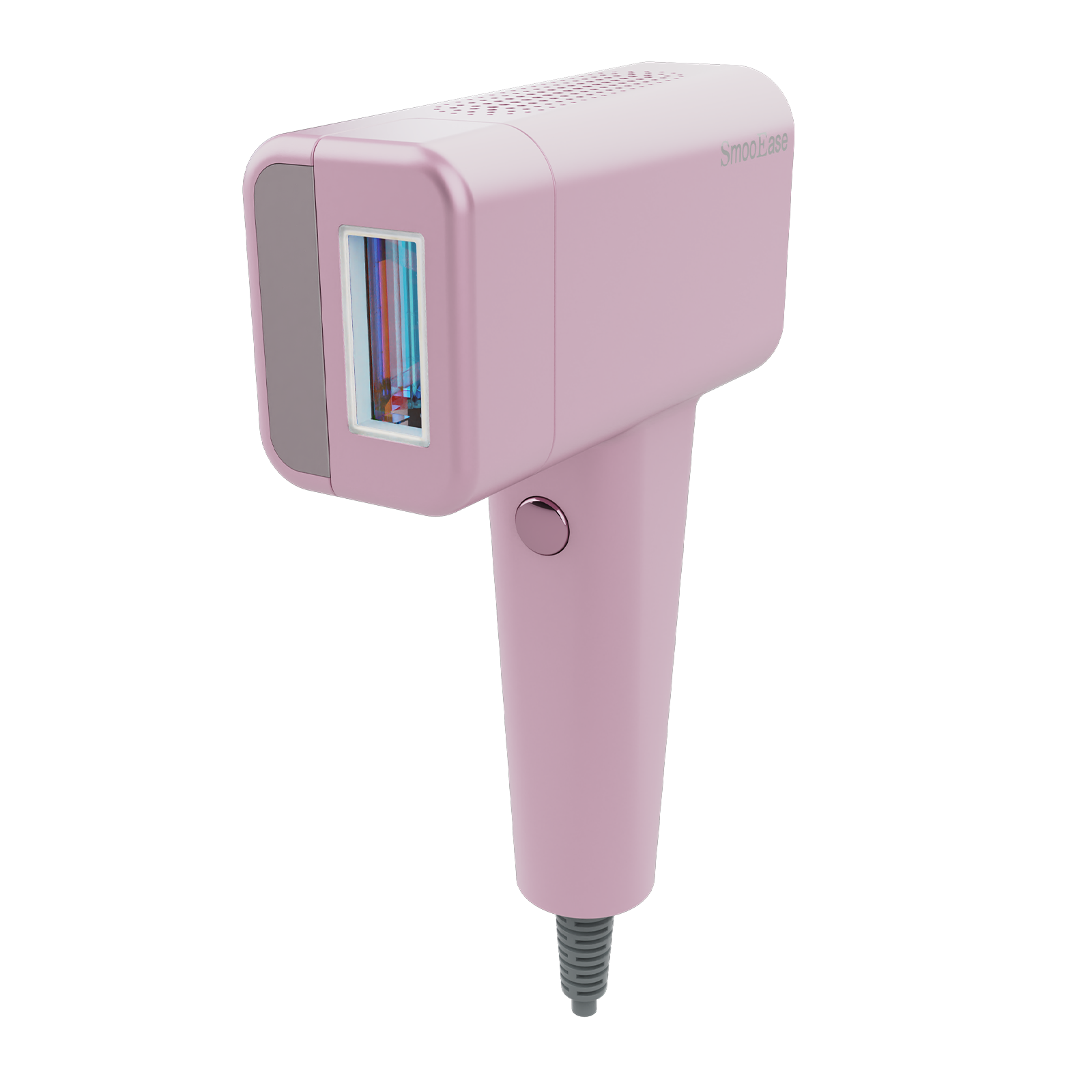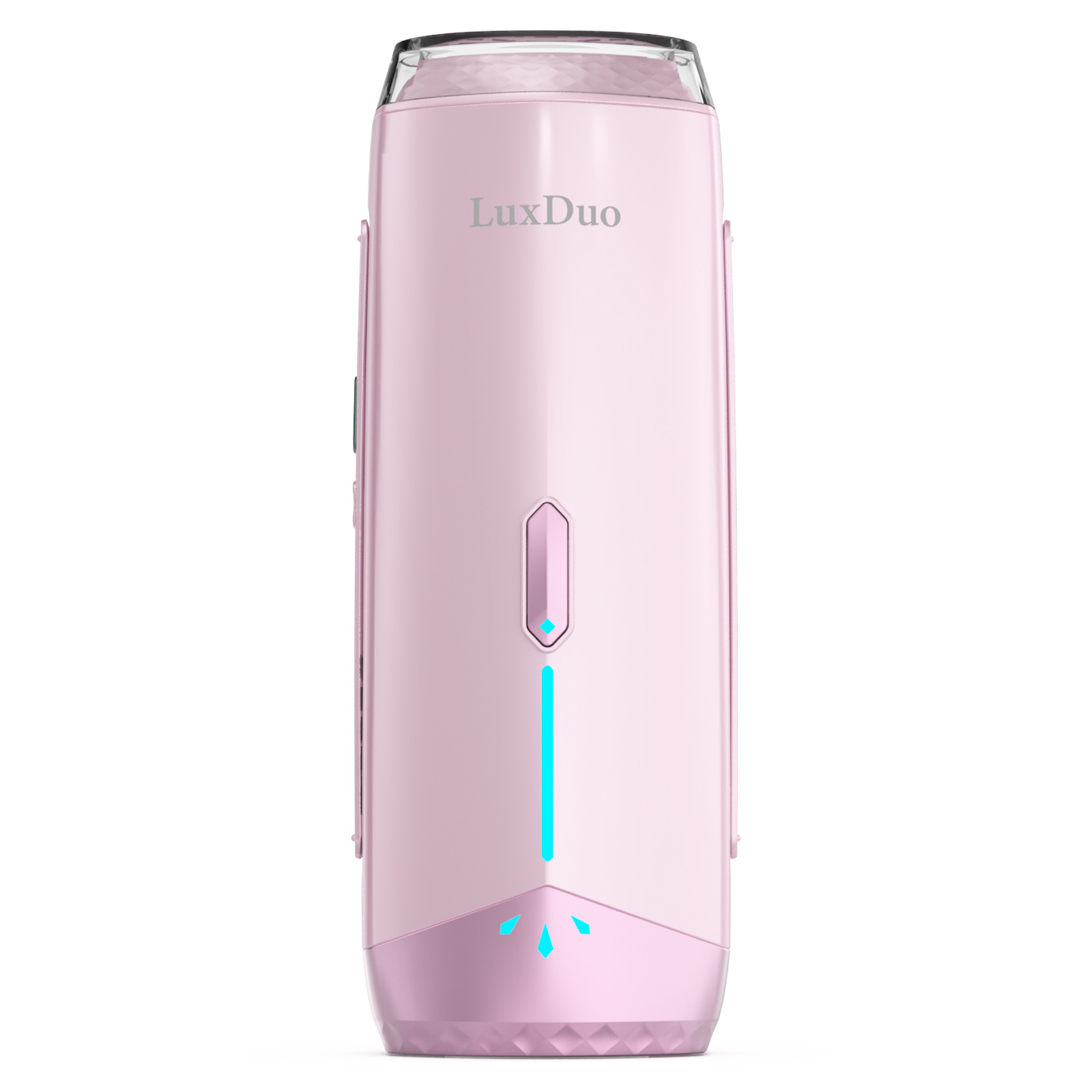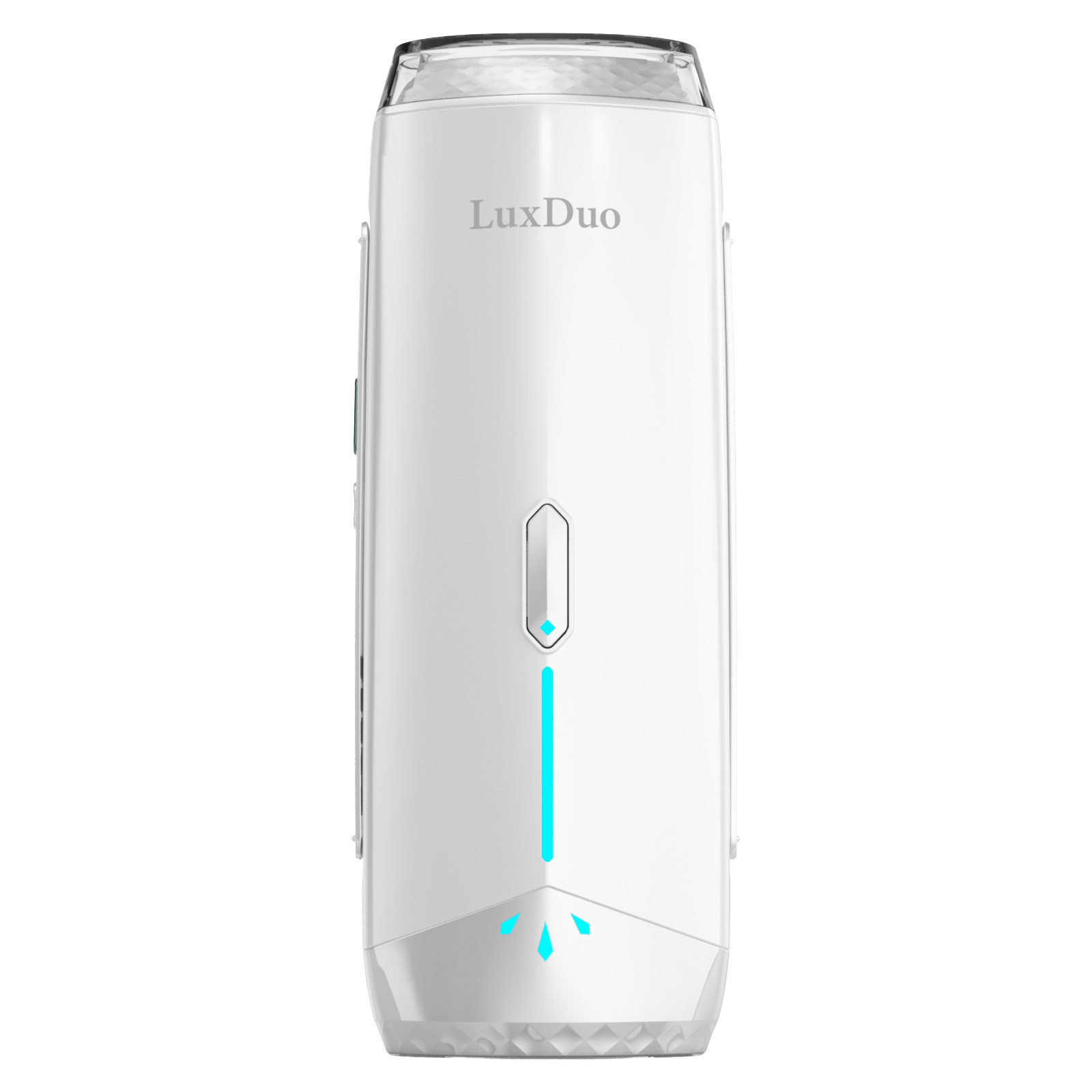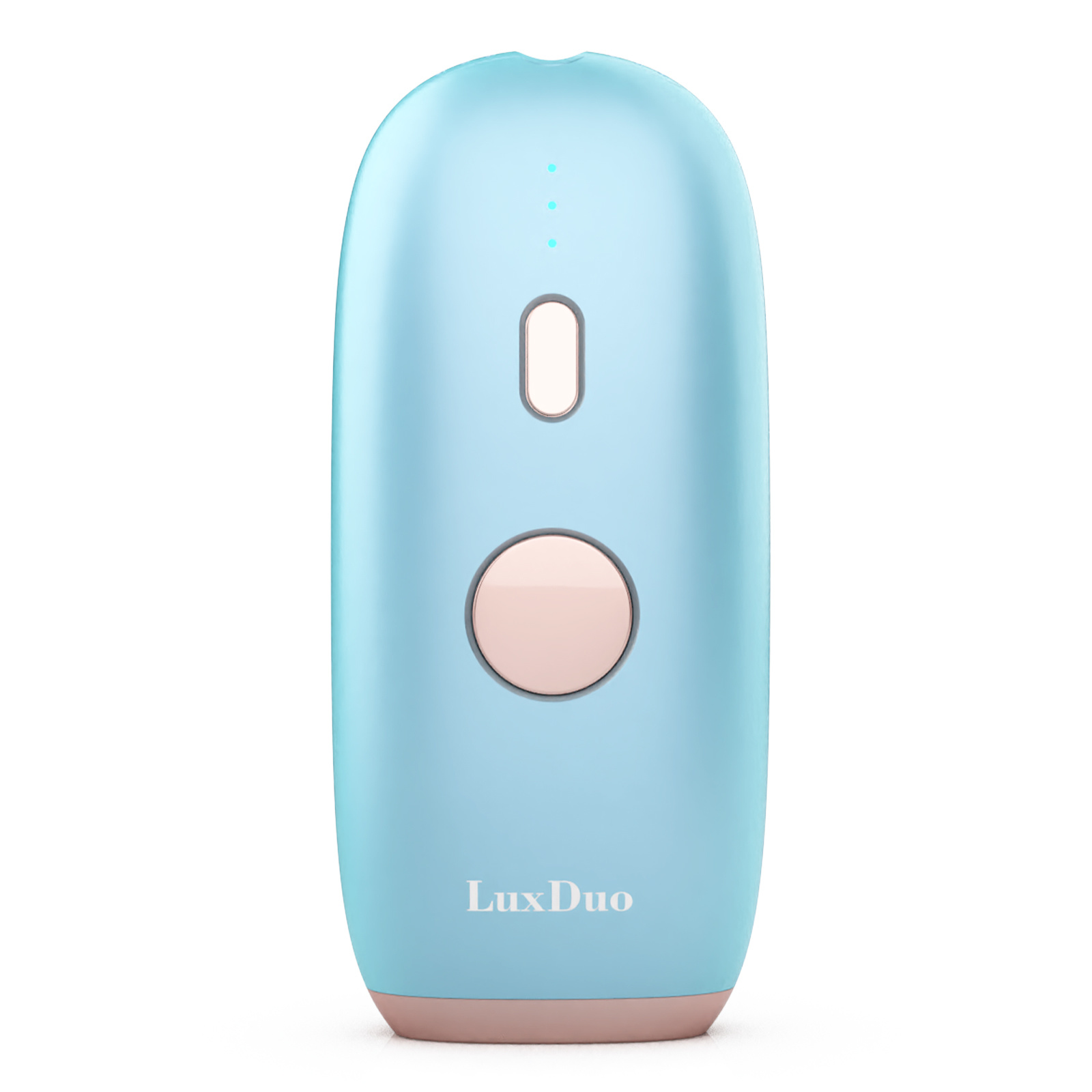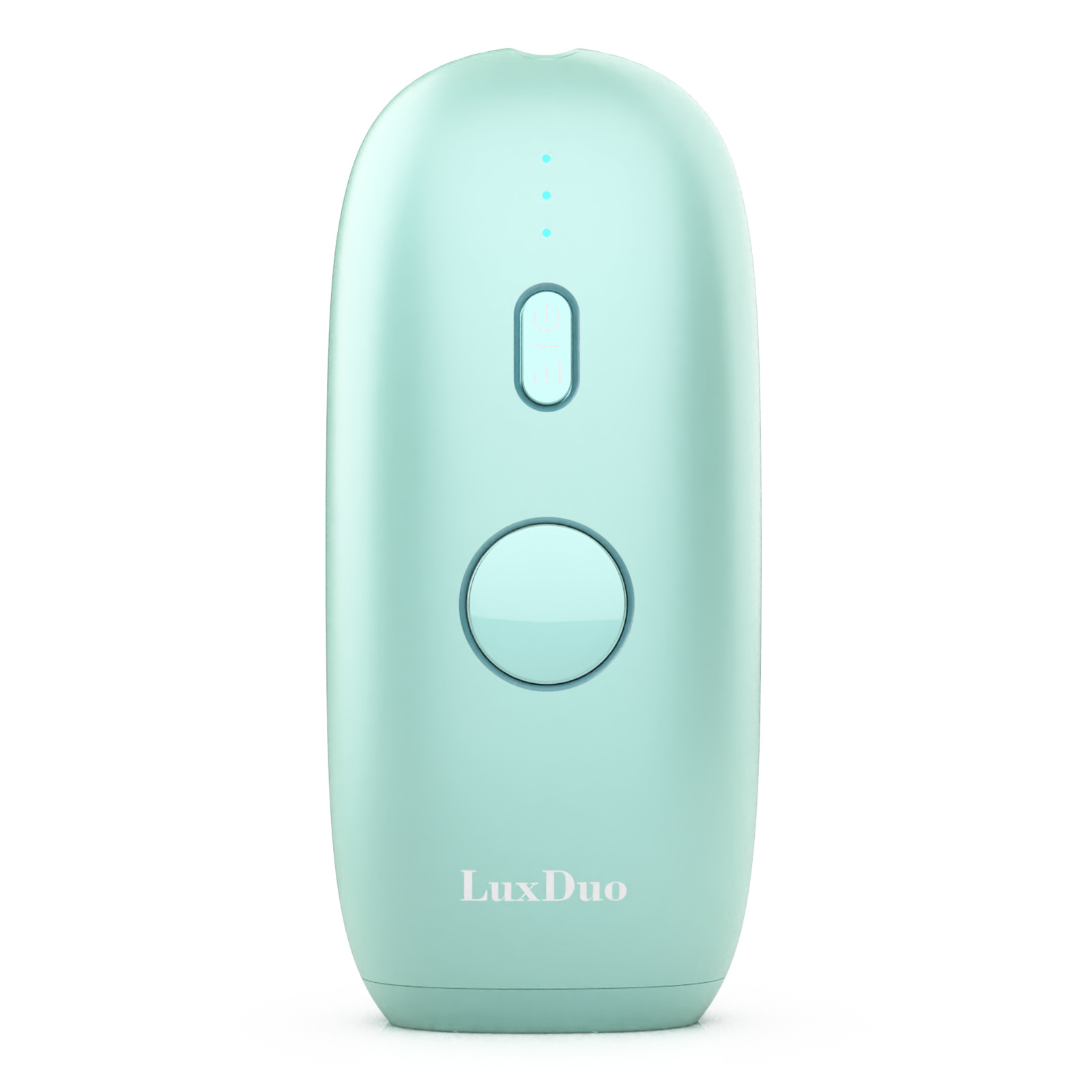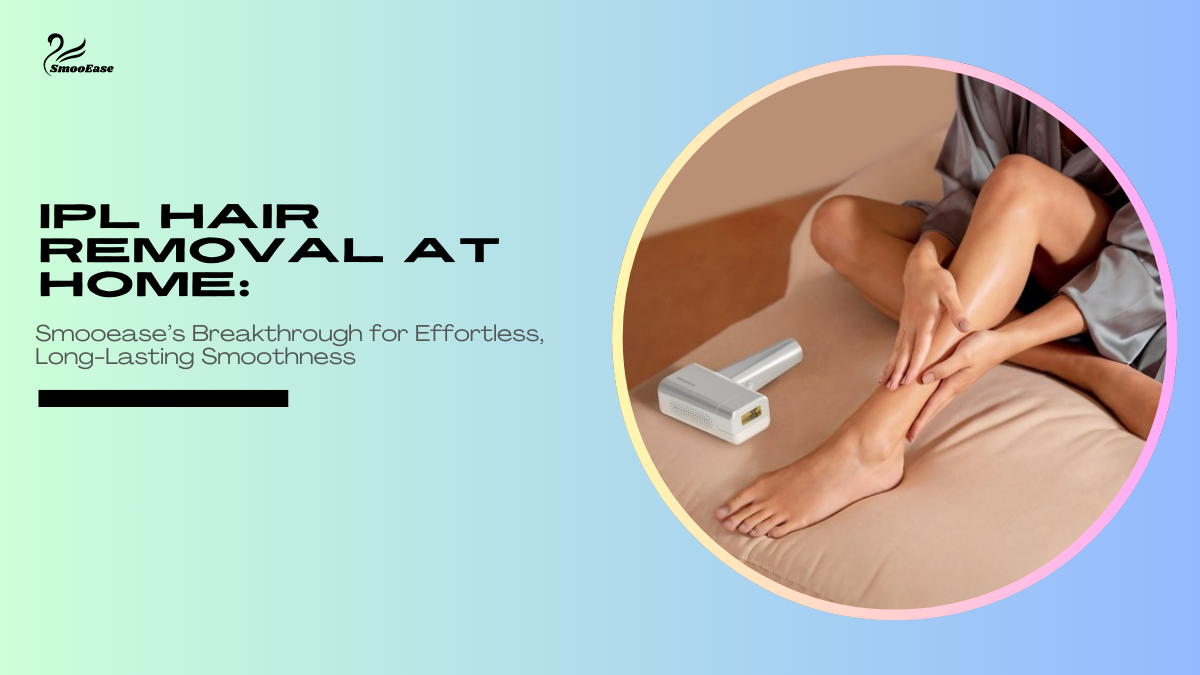Is Laser laser hair removal for women permanent?
Laser hair removal has emerged as one of the most sought-after methods for achieving long-lasting hair reduction.
2025-04-30
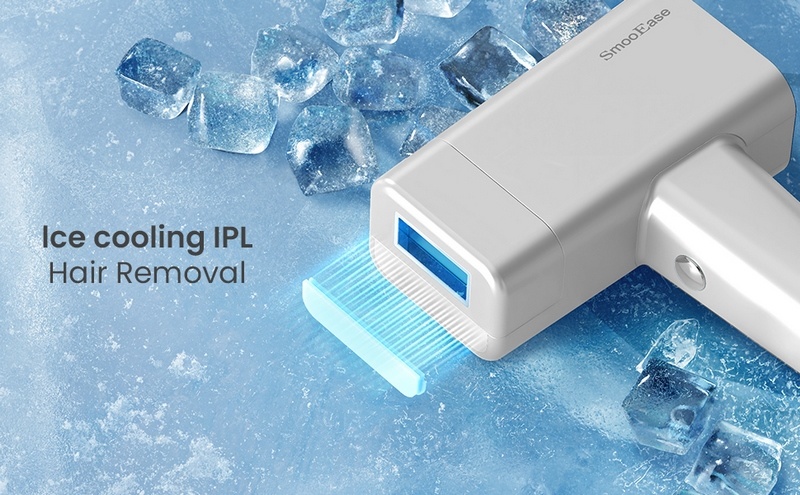
Introduction to Laser Hair Removal
Laser hair removal for women permanent as one of the most sought-after methods for achieving long-lasting hair reduction. Unlike traditional techniques such as shaving or waxing, laser hair removal offers a more permanent solution by targeting hair follicles with concentrated light energy. This method not only reduces hair growth but also minimizes the risk of ingrown hairs and skin irritation. However, the effectiveness of laser hair removal can vary significantly among individuals, particularly women, due to various physiological factors, including hormonal fluctuations.
Hormonal Influences on Hair Growth
Hormones play a crucial role in regulating hair growth patterns in women. Fluctuations in hormone levels can lead to changes in hair thickness, density, and growth cycles. Key hormones that influence hair growth include:
Estrogen
Estrogen is known to promote hair growth and contribute to the overall health of hair follicles. During periods of high estrogen levels, such as pregnancy or hormonal therapy, women may experience increased hair growth.
Testosterone
Testosterone, although typically considered a male hormone, is present in women as well. Elevated levels of testosterone can lead to excessive hair growth, especially in areas traditionally associated with male-pattern hair growth, such as the face and back. Conditions like polycystic ovary syndrome (PCOS) can exacerbate these effects.
Progesterone
Progesterone works in tandem with estrogen and can also impact hair growth cycles. Fluctuations in progesterone levels throughout the menstrual cycle can lead to variations in hair density and growth rates.
The Laser Hair Removal Process Explained
Understanding the laser hair removal process is integral to grasping how hormones affect its effectiveness. The treatment involves several key steps:
Consultation
Before beginning treatment, a consultation with a qualified practitioner is essential. This session will assess skin type, hair color, and individual hormonal factors that may influence the treatment's success.
Preparation
Patients are usually advised to avoid sun exposure and certain medications before treatment. This preparation helps in ensuring that the skin is in optimal condition for laser treatment.
Laser Treatment
During the procedure, a laser emits light that is absorbed by the pigment in the hair follicles. This process damages the follicles, inhibiting future hair growth. The effectiveness of this step can be impacted by hormonal fluctuations, particularly during specific phases of the menstrual cycle.
Follow-Up Sessions
Multiple sessions are necessary for optimal results since hair grows in cycles. Hormonal changes can influence the timing and number of sessions required.
How Hormones Affect Laser Hair Removal Effectiveness
Hormonal fluctuations can significantly impact the effectiveness of laser hair removal in women. Understanding these influences is crucial for achieving the best possible outcomes.
Hormonal Cycles and Treatment Timing
Women experience varying hormone levels throughout their menstrual cycles. For instance, estrogen levels peak during the follicular phase, making hair follicles more responsive to laser treatments. Conversely, during the luteal phase, increased progesterone and testosterone levels can lead to thicker hair growth, potentially diminishing treatment efficacy.
Impact of Hormonal Disorders
Conditions such as PCOS or thyroid imbalances can lead to irregular hormone levels, affecting hair growth cycles. Women with these conditions may find laser hair removal less effective due to the persistence of thicker, darker hair that is more resistant to laser treatment.
Age and Hormonal Changes
As women age, particularly during menopause, hormonal levels fluctuate dramatically. These changes can lead to increased hair growth in unwanted areas while simultaneously thinning hair on the scalp. Understanding how age-related hormonal shifts influence hair growth is vital for optimizing laser hair removal.
Optimal Timing for Laser Hair Removal Treatments
Timing is critical when it comes to laser hair removal, especially for women. To enhance treatment effectiveness, consider the following guidelines:
Scheduling Around Menstrual Cycles
It is generally recommended that women schedule their laser hair removal sessions during the follicular phase of their menstrual cycle. This timing aligns with higher estrogen levels, fostering better responsiveness of hair follicles to laser treatment.
Hormonal Treatments and Laser Hair Removal
If you are undergoing hormonal treatments (e.g., birth control, hormone replacement therapy), it is essential to inform your practitioner. These treatments can influence hair growth and may require adjustments in your laser hair removal plan.
Pre-Treatment Considerations for Women
Before embarking on a laser hair removal journey, several pre-treatment considerations can enhance the effectiveness of the procedure:
Consult with a Specialist
Consulting with a dermatologist or licensed laser technician is crucial. They can provide insights into how your hormonal health may affect treatment results.
Avoid Hormonal Influences
If possible, avoid hormonal medications or supplements in the days leading up to your treatment. This precaution can help stabilize hormone levels and improve treatment outcomes.
Skin Preparation
Ensure that the skin is well-hydrated and free of irritants. Avoid sun exposure and tanning products prior to treatment, as this can enhance skin sensitivity.
Post-Treatment Care and Hormones
Proper post-treatment care is vital for optimal recovery and results. Here are essential guidelines:
Moisturizing and Sun Protection
Post-treatment, the skin may be sensitive. Use gentle moisturizers and broad-spectrum sunscreen to protect the treated areas from sun exposure, which can be exacerbated by hormonal fluctuations.
Monitoring Hormonal Changes
Continue to monitor hormonal health after treatment. If you experience significant changes in hair growth or skin condition, consult your healthcare provider.
Follow-Up Sessions
Adhere to the recommended schedule for follow-up sessions to maintain hair reduction. Hormonal changes can influence hair cycles, making consistent treatments necessary.
Frequently Asked Questions
1. How do hormones impact hair growth in women?
Hormones like estrogen and testosterone significantly influence hair growth patterns. Elevated testosterone can lead to increased hair growth, while estrogen promotes healthier hair follicles.
2. Can hormonal changes affect the outcomes of laser hair removal?
Yes, hormonal fluctuations, particularly during the menstrual cycle, can affect hair growth and the effectiveness of laser hair removal treatments.
3. What is the best time in the menstrual cycle to schedule laser hair removal?
Scheduling treatments during the follicular phase, when estrogen levels are higher, may improve treatment effectiveness.
4. Are there specific conditions that can impact laser hair removal?
Conditions like polycystic ovary syndrome (PCOS) and thyroid disorders can lead to irregular hormone levels, affecting hair growth and laser treatment outcomes.
5. How many sessions of laser hair removal are typically required?
Most women require multiple sessions, usually spaced four to six weeks apart, to achieve optimal results due to the hair growth cycle.
Conclusion
Understanding the relationship between hormones and laser hair removal effectiveness in women is crucial for achieving the best results. Hormonal fluctuations can significantly impact hair growth patterns and treatment outcomes. By considering hormonal influences, women can optimize their laser hair removal experience, ensuring a smoother and more effective journey to hair-free skin. Always consult with a qualified professional to tailor treatments to your individual hormonal health and needs, leading to the best possible results in your quest for effective hair removal solutions.
Relevant information
IPL Hair Removal at Home: Smooease’s Breakthrough for Effortless, Long-Lasting Smoothness
2025-02-24
How to Choose the Right Laser Hair Removal Device: A Complete Guide
2025-01-15
How to Use a Laser Hair Removal Device at Home: A Complete Guide for Smooth, Hair-Free Skin
2025-01-10



